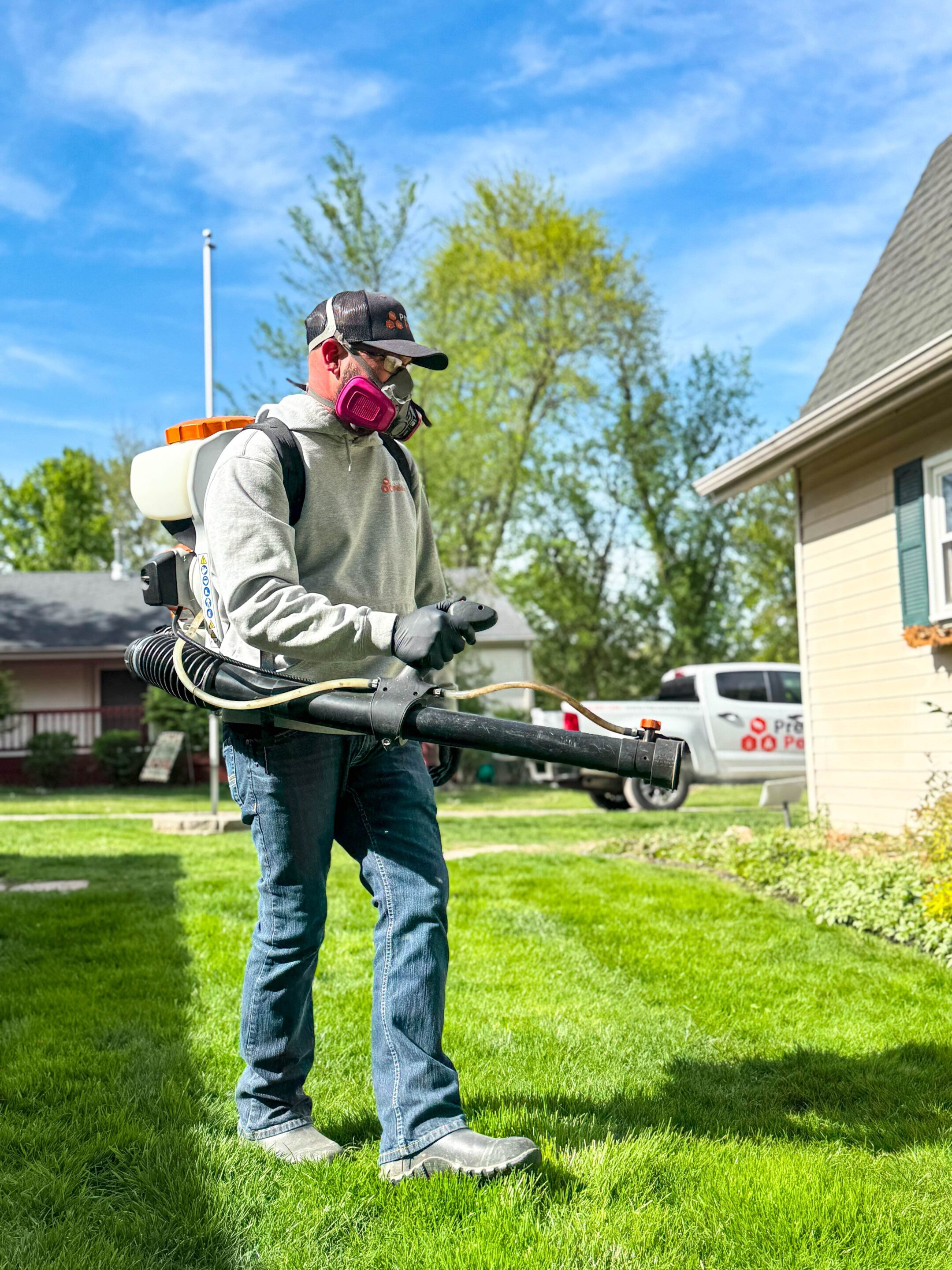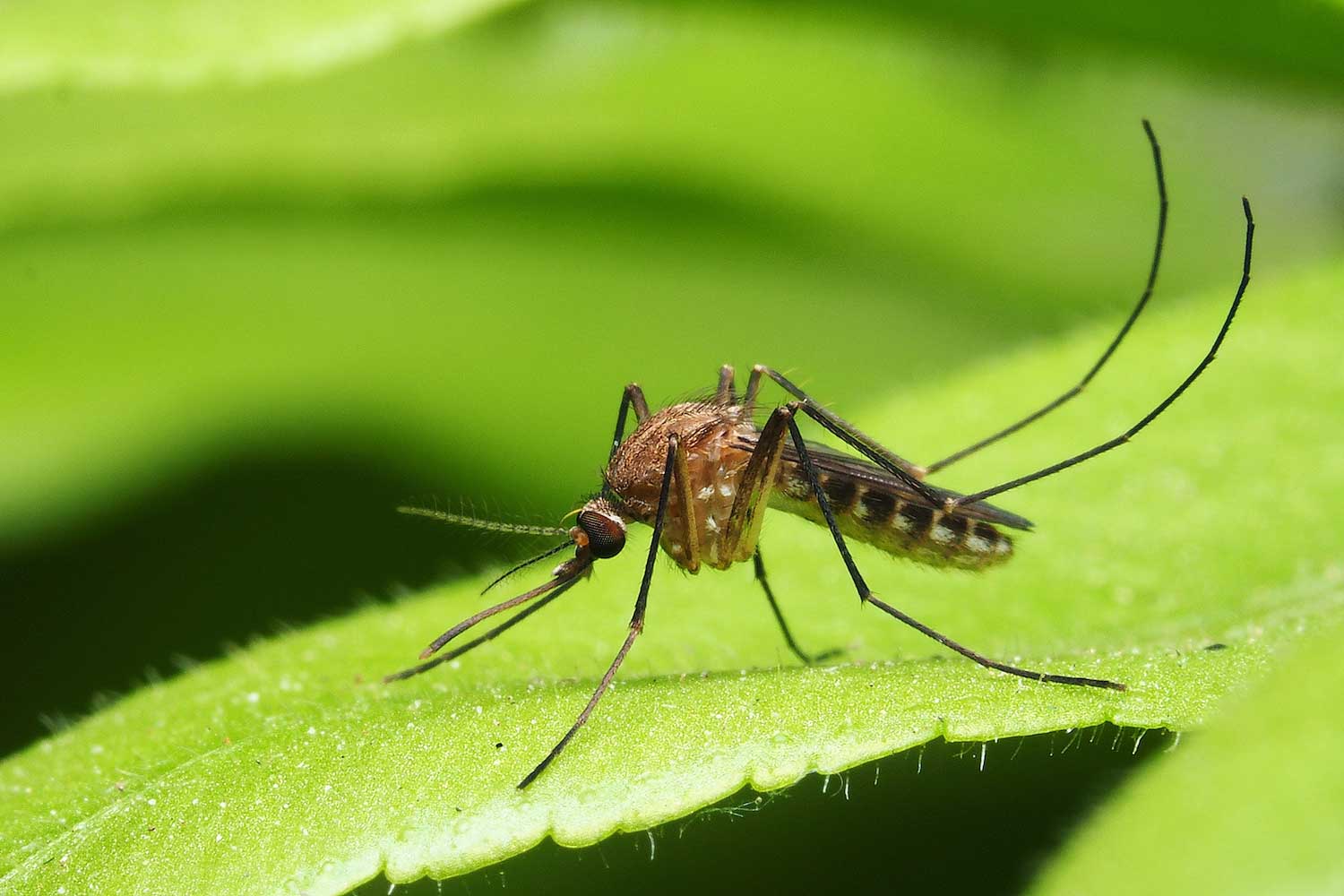Mosquitoes are more than just a summer nuisance, as they are also complex insects with highly evolved sensory systems that help them locate ideal breeding grounds and hosts. If your yard seems to attract more mosquitoes than your neighbor’s, it’s not just bad luck. From moisture and landscaping to body chemistry and even color, multiple factors influence mosquito behavior. Understanding the science behind what draws them in can help you make informed changes to your outdoor space and reduce the risk of bites and potential disease exposure.

Mosquitoes Are Attracted to Carbon Dioxide and Body Heat
Mosquitoes are expert hunters. Their ability to find hosts stems from a series of specialized sensors that detect carbon dioxide, heat, and body odor. When humans and animals exhale, they release carbon dioxide, and mosquitoes can detect this from over 30 feet away. Once they are in range, they use body heat and scent to zero in.
This explains why:
- People who are physically active or running warm attract more mosquitoes.
- Larger individuals may be bitten more often due to increased CO₂ output.
- Mosquitoes tend to target exposed skin, particularly ankles and arms.
While personal characteristics are beyond control, understanding how mosquitoes find you helps explain why certain areas of your yard see more activity than others.
Moisture and Shade Create Ideal Breeding Zones
Mosquitoes require water to reproduce. Even small amounts, like a clogged gutter or an overturned lid, can serve as a breeding site. Females lay eggs in stagnant water, where larvae quickly develop into biting adults. Shade, too, offers protection from heat and predators, making it ideal for mosquitoes during the day.
To limit mosquito activity, it’s important to address moisture and shade by:
- Clearing standing water: Empty plant saucers, tires, and buckets after rain.
- Maintaining gutters: Keep them free of leaves and debris to prevent hidden puddles.
- Pruning dense vegetation: Thin shrubs and tall grasses that provide shelter.
In some cases, well-intended features like birdbaths or decorative ponds can unintentionally contribute to the problem. For practical adjustments, explore mosquito-proofing strategies that work with your existing landscape.
Scent, Sweat, and Skin Chemistry Play a Role
What you smell like matters to mosquitoes. Research has shown that body odor, specifically, the mix of chemicals like lactic acid, ammonia, and urea released through sweat, can significantly affect mosquito attraction.
Other factors that may increase your attractiveness include:
- Skin microbiota: The natural bacteria on your skin create scent profiles that mosquitoes can detect.
- Clothing color: Dark colors trap heat and attract mosquitoes visually.
- Perfumes or scented lotions: Floral or fruity scents mimic natural attractants.
Though you can’t fully change your body chemistry, being mindful of scent-based triggers can make you less appealing during peak mosquito hours.
Your Yard’s Landscape Might Be a Magnet
Beyond water and shade, certain landscaping choices may unintentionally make your yard more mosquito-friendly. Overwatering, thick ground cover, and improper drainage create ideal habitats. While maintaining a lush yard is a goal for many homeowners, it’s important to balance aesthetics with functionality.
Consider these landscape modifications to help reduce mosquito activity:
- Use drought-tolerant plants: They require less watering, minimizing pooled water.
- Add gravel around the foundation: This improves drainage and discourages larval development.
- Install fans on patios: Mosquitoes are weak fliers and avoid breezy conditions.
- Avoid over-mulching: Thick mulch holds moisture and offers shelter.
Small design shifts can go a long way in disrupting mosquito behavior. For best results, these adjustments should be paired with consistent maintenance and seasonal inspections.
When Natural Efforts Aren’t Enough
Despite all preventive efforts, some yards continue to struggle with high mosquito populations. This may be due to nearby properties, unrecognized water sources, or simply the limits of DIY strategies. In these situations, expert intervention is not only helpful, it’s often necessary.
Professionals have access to targeted treatment methods and trained insight into mosquito biology. They can identify less obvious breeding areas and apply long-term solutions that align with your environment and household needs. If you’ve tried every trick in the book with minimal results, it may be time to reconsider your approach. As explained in this article on the dangers of DIY pest control, well-meaning attempts can sometimes worsen the issue or expose residents to unnecessary risk.
Take Control of Mosquito Activity Today
If mosquitoes are taking over your yard, understanding their behavior is the first step to stopping them. For expert help and safe, effective control solutions, contact Prevent Pests and enjoy your outdoor space with fewer bites and more peace of mind.

